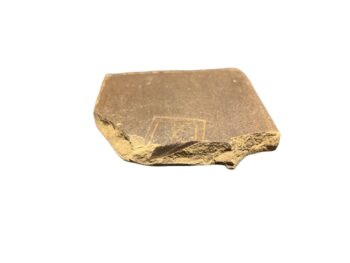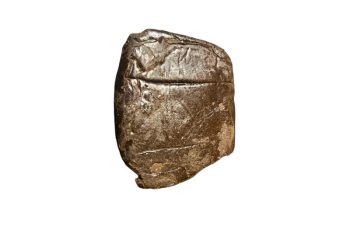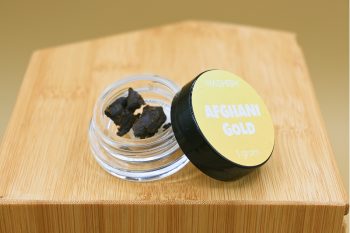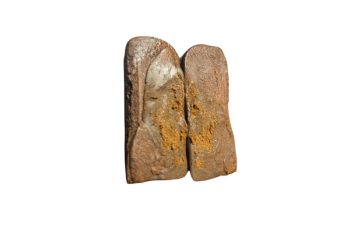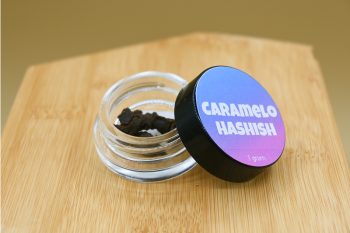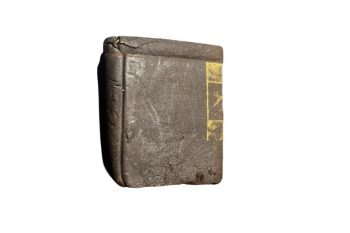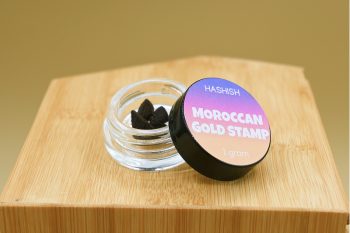-
4 Star Moroccan Hashish
Rated 4.00 out of 5$15.00Original price was: $15.00.$7.50Current price is: $7.50. -
-
-
Hashish
Hashish, often referred to as “hash,” is a concentrated form of cannabis made by extracting the resin from the cannabis plant. The resin contains high levels of cannabinoids, particularly tetrahydrocannabinol (THC), which is responsible for the plant’s psychoactive effects. Hashish has a long history of use, particularly in regions like the Middle East, North Africa, and Central Asia, where it has been smoked, eaten, or vaporized for centuries for its psychoactive and medicinal properties.
How is Hash made?
The process of making hash involves separating the trichomes, or resin glands, from the cannabis plant’s flowers. This is typically done through mechanical methods, such as sieving the plant material, or using solvents to dissolve the resin and then evaporating the solvent to leave behind a concentrated substance. The result is a dense, sticky, or solid substance that can range in color from light brown or green to dark, almost black.
How to Consume Hash
Hashish can be consumed in various ways, most commonly by smoking it in pipes, bongs, or rolled into joints, often mixed with regular cannabis flowers or tobacco.
What is the potency of Hashish?
The potency of hash can vary depending on how it’s made and the cannabis strain used, but it generally has a higher THC concentration than regular marijuana flowers. Because of its concentrated nature, hashish is known for producing more intense effects, including euphoria, relaxation, heightened sensory perception, and sometimes altered thinking or increased creativity.
Therapeutic Benefits of Hashish
Hash is also used for medicinal purposes, particularly for pain relief, anxiety, and other ailments, although its legality varies by country and region.
Medical Benefits of Hash
Here are some potential therapeutic benefits of hashish, based on current research and traditional use:
1. Pain Relief
- Analgesic Properties: The THC in hashish is well-known for its ability to alleviate pain. This includes chronic pain, neuropathic pain, and pain related to conditions such as arthritis or multiple sclerosis.
- Cannabinoids’ Effect: Both THC and CBD are thought to reduce pain by interacting with the body’s pain-regulating systems, particularly the CB1 and CB2 receptors of the endocannabinoid system.
2. Anti-Inflammatory Effects
- Hashish may have anti-inflammatory properties, particularly due to its CBD content. CBD has been found to reduce inflammation, which can be helpful in conditions like rheumatoid arthritis, inflammatory bowel disease (IBD), and other chronic inflammatory conditions.
3. Anxiety and Stress Relief
- Many people use hashish for its relaxing and mood-enhancing effects. The high levels of THC can help reduce feelings of anxiety and stress in the short term. However, it’s important to note that, for some individuals, excessive THC consumption can lead to increased anxiety or paranoia, so moderation is key.
4. Sleep Aid
- Hashish can be effective for promoting sleep, particularly in individuals with insomnia or sleep disturbances related to chronic pain, anxiety, or PTSD. The sedative effects of THC can help individuals fall asleep faster and stay asleep longer. However, the impact on sleep can vary, as high THC doses can sometimes disrupt sleep patterns for certain individuals.
5. Appetite Stimulation
- Hashish can help increase appetite, particularly in people undergoing chemotherapy or dealing with conditions like HIV/AIDS, where weight loss and poor appetite are common concerns. This effect, often referred to as “the munchies,” is primarily caused by THC.
6. Muscle Relaxation and Spasm Relief
- The muscle relaxant properties of THC can help reduce muscle spasms, tremors, and stiffness, making it useful for conditions like multiple sclerosis, Parkinson’s disease, or general muscle pain and tightness.
7. Mood Elevation and Mental Clarity
- While high doses of THC can sometimes cause confusion or cognitive impairment, moderate doses may help improve mood, boost creativity, and promote feelings of euphoria and well-being. Hashish’s effects can help those struggling with depression or low mood, though its use should be approached cautiously, particularly for those with underlying mental health conditions.
8. Nausea and Vomiting Relief
- Like other cannabis products, hashish has antiemetic properties, making it effective in reducing nausea and vomiting, especially in people undergoing chemotherapy or suffering from conditions like motion sickness.
9. Antioxidant and Neuroprotective Effects
- Some studies suggest that cannabis compounds, including THC and CBD, have antioxidant properties, which could help protect brain cells from oxidative stress and neurodegeneration. This makes hashish potentially beneficial for conditions like Alzheimer’s disease, Parkinson’s disease, and other neurodegenerative disorders.
10. Anti-Seizure Activity
- CBD, in particular, has gained attention for its potential to reduce the frequency and severity of seizures, particularly in treatment-resistant forms of epilepsy like Dravet syndrome and Lennox-Gastaut syndrome. While THC has also been shown to have some anticonvulsant effects, CBD is generally considered the more effective cannabinoid for seizure management.
11. Mental Health Benefits
- Hashish may help manage symptoms of certain mental health conditions, such as PTSD, anxiety, and depression. CBD, in particular, has been shown to have anxiolytic (anxiety-reducing) and antidepressant-like effects. However, THC can sometimes exacerbate anxiety or paranoia in sensitive individuals.

